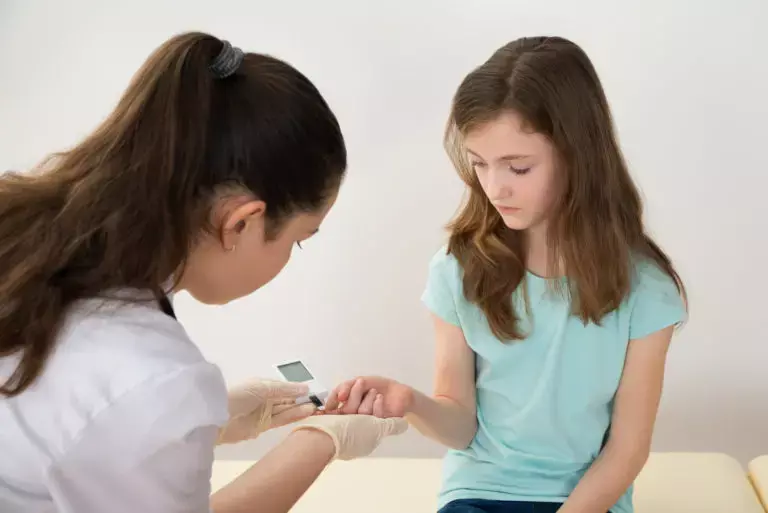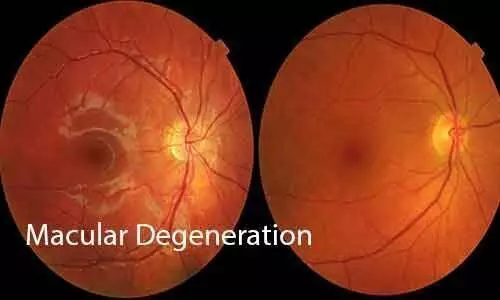- Home
- Medical news & Guidelines
- Anesthesiology
- Cardiology and CTVS
- Critical Care
- Dentistry
- Dermatology
- Diabetes and Endocrinology
- ENT
- Gastroenterology
- Medicine
- Nephrology
- Neurology
- Obstretics-Gynaecology
- Oncology
- Ophthalmology
- Orthopaedics
- Pediatrics-Neonatology
- Psychiatry
- Pulmonology
- Radiology
- Surgery
- Urology
- Laboratory Medicine
- Diet
- Nursing
- Paramedical
- Physiotherapy
- Health news
- Fact Check
- Bone Health Fact Check
- Brain Health Fact Check
- Cancer Related Fact Check
- Child Care Fact Check
- Dental and oral health fact check
- Diabetes and metabolic health fact check
- Diet and Nutrition Fact Check
- Eye and ENT Care Fact Check
- Fitness fact check
- Gut health fact check
- Heart health fact check
- Kidney health fact check
- Medical education fact check
- Men's health fact check
- Respiratory fact check
- Skin and hair care fact check
- Vaccine and Immunization fact check
- Women's health fact check
- AYUSH
- State News
- Andaman and Nicobar Islands
- Andhra Pradesh
- Arunachal Pradesh
- Assam
- Bihar
- Chandigarh
- Chattisgarh
- Dadra and Nagar Haveli
- Daman and Diu
- Delhi
- Goa
- Gujarat
- Haryana
- Himachal Pradesh
- Jammu & Kashmir
- Jharkhand
- Karnataka
- Kerala
- Ladakh
- Lakshadweep
- Madhya Pradesh
- Maharashtra
- Manipur
- Meghalaya
- Mizoram
- Nagaland
- Odisha
- Puducherry
- Punjab
- Rajasthan
- Sikkim
- Tamil Nadu
- Telangana
- Tripura
- Uttar Pradesh
- Uttrakhand
- West Bengal
- Medical Education
- Industry
Quick release Bromocriptine may improve aortic stiffness in young diabetes 1 patients

Bromocriptine quick release (BCQR) improves blood pressure and central and peripheral aortic stiffness and pressure hemodynamics in adolescents with type 1 diabetes (T1D), a placebo-controlled crossover trial has found. The trial results were published in the journal Hypertension.
Youth with type 1 diabetes (T1D) are known to have vascular dysfunction, which increases their lifetime risk of cardiovascular events. Vascular dysfunction treatment is a top priority in clinical practice. Hence researchers conducted a placebo-controlled, random-order, double-blinded, cross-over trial called the bromocriptine quick-release T1D study (BCQR-T1D), based on the hypothesis that BCQR would boost vascular health in T1D-afflicted youth.
The cardiovascular and metabolic impact of BCQR was investigated in the T1DBCQR-T1D trial by a multidisciplinary team at the University of Colorado School of Medicine, Aurora. All adolescents in the BCQR-T1D study were randomized 1:1 to phase-1: 4 weeks of BCQR or placebo. After 4 weeks pulse wave velocity, relative area change, and distensibility from phase-contrast magnetic resonance imaging were used to measure blood pressure and central aortic stiffness measurements. Phase 2 was carried out similarly with the alternative treatment following a 4-week washout period.
Results of the study:
- Thirty-four adolescents with a mean age of 15.9±2.6 years, hemoglobin A1c 8.6±1.1%, body mass index percentile 71.4±26.1, median T1D duration of 5.8 years with T1D were enrolled and had magnetic resonance imaging data available.
- BCQR therapy decreased systolic (∆=−5 mmHg; P<0.001) and diastolic blood pressure (∆=−2 mmHg; P=0.039) when compared with placebo.
- Ascending aortic pulse wave velocity was reduced and there was an increase in relative area change and distensibility.
- There was a decrease in pulse wave velocity and an increase in distensibility in the thoracoabdominal aorta by BCQR therapy.
Thus, using BCQR pressure hemodynamics could be altered like improved blood pressure and central and peripheral aortic stiffness in adolescents with T1DM. As an improvement was found in the aortic stiffness using BCQR further larger studies have to be carried out to understand the effects.
Further reading: Schäfer M, Browne LP, Truong U, et al. Bromocriptine Improves Central Aortic Stiffness in Adolescents With Type 1 Diabetes: Arterial Health Results From the BCQR-T1D Study [published online ahead of print, 2022 Dec 6]. Hypertension. 2022;10.1161/HYPERTENSIONAHA.122.19547. doi:10.1161/HYPERTENSIONAHA.122.19547
BDS, MDS
Dr.Niharika Harsha B (BDS,MDS) completed her BDS from Govt Dental College, Hyderabad and MDS from Dr.NTR University of health sciences(Now Kaloji Rao University). She has 4 years of private dental practice and worked for 2 years as Consultant Oral Radiologist at a Dental Imaging Centre in Hyderabad. She worked as Research Assistant and scientific writer in the development of Oral Anti cancer screening device with her seniors. She has a deep intriguing wish in writing highly engaging, captivating and informative medical content for a wider audience. She can be contacted at editorial@medicaldialogues.in.
Dr Kamal Kant Kohli-MBBS, DTCD- a chest specialist with more than 30 years of practice and a flair for writing clinical articles, Dr Kamal Kant Kohli joined Medical Dialogues as a Chief Editor of Medical News. Besides writing articles, as an editor, he proofreads and verifies all the medical content published on Medical Dialogues including those coming from journals, studies,medical conferences,guidelines etc. Email: drkohli@medicaldialogues.in. Contact no. 011-43720751




